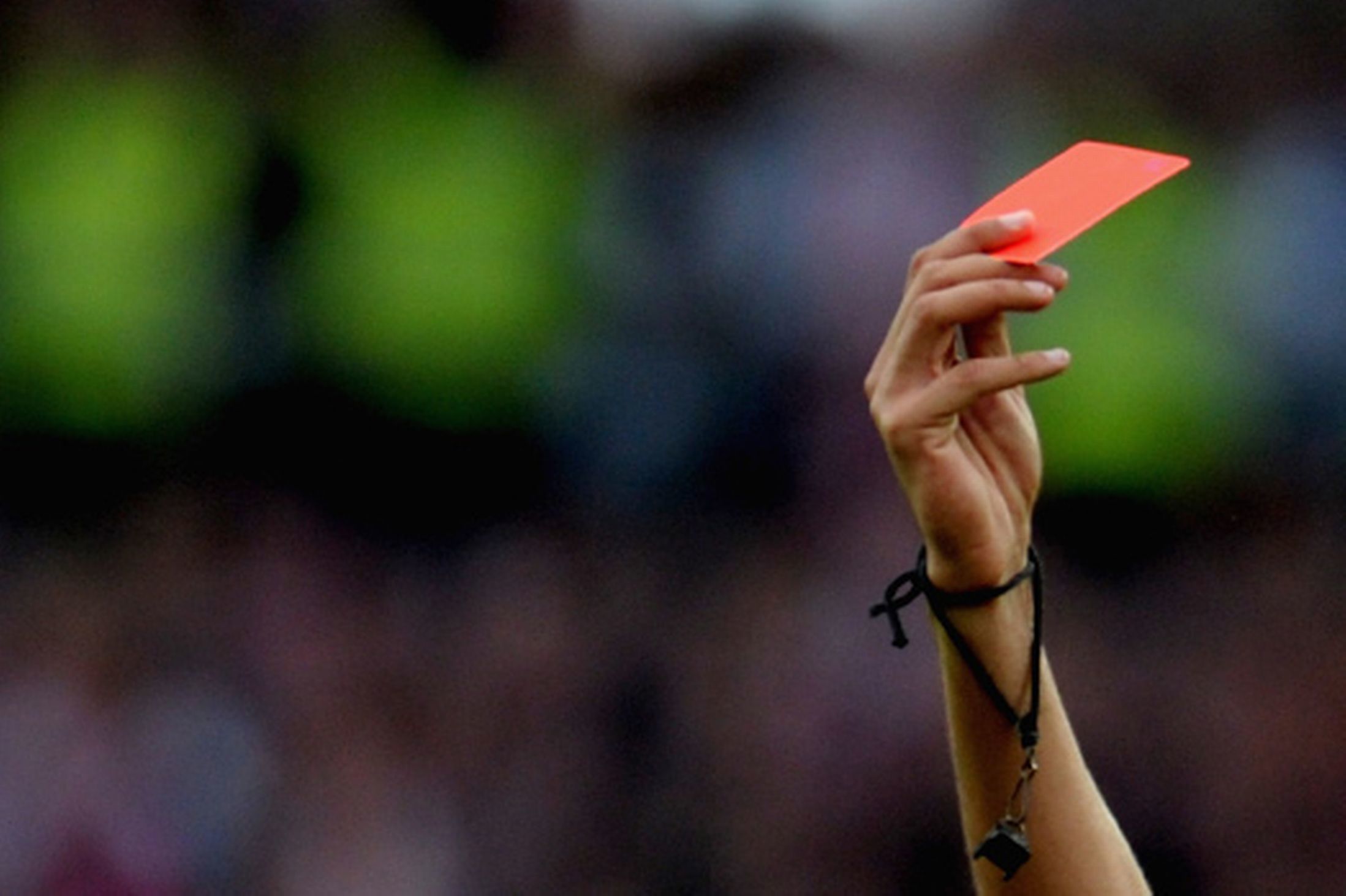
ARSENAL may have had the upper-hand in fixtures against Manchester City in recent years, but with Pep Guardiola’s side storming ahead in the title race, it could be a tight affair on Sunday.
The game could be decided by a mistake, a moment of brilliance or an unfortunate dismissal, but research from Bet-BonusCode.co.uk suggests that even a red card might be enough to separate the sides as City and Arsenal are the best performing team when down to 10 men.
City’s impressive 70%-win rate ranks them as the most successful Premier League club in the last five years after a sending off* and Arsenal’s 44% win-rate ranks them second on the list.
There has been just the one sending off in the fixture over the last five years. Vincent Kompany’s 75th dismissal during the 2012/13 season didn’t stop the Sky Blues holding onto their 2-0 lead, claiming all three points – an example of the City’s ability to see out games while a man light.
The findings also revealed that the Manchester club have the best scoring record when a man down. In nine of the 10 games which saw a City player receive a red card, they still scored another goal after their numbers were reduced.
In addition, City have had the earliest dismissal while still going on to win a game. Kompany’s sending off after just 10 minutes against Hull City during the 2013/14 season still saw them go on to win the match 2-0.
Why Manchester City dispel the myth that it’s game over when a player gets sent off
The top five clubs with 10 men over the last five years of Premier League fixtures are:
- Man City – 70%-win rate across 10 games
- Arsenal – 44%, 18 games
- Everton – 38%, 13 games
- Liverpool – 33%, 9 games
- QPR – 33%, 6 games
Arsenal have had to play the greatest amount of time without a full 11, facing 615 minutes of Premier League football while a man down. This equates to almost seven whole matches over the five-year period, or 1.4 games per season.
Julian Beck of Bet-BonusCode.co.uk said: “Overall, we have found that teams with 10 men go on to lose 59% of matches, winning just one in five, so perhaps City and Arsenal are actually the exception rather than the rule.”

Enjoy the convenience of having The Sunday Post delivered as a digital ePaper straight to your smartphone, tablet or computer.
Subscribe for only £5.49 a month and enjoy all the benefits of the printed paper as a digital replica.
Subscribe